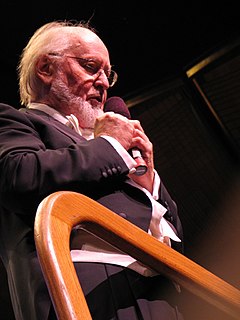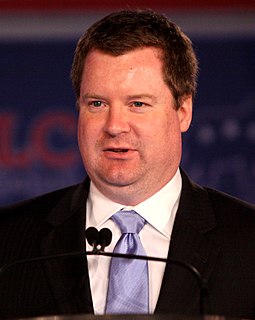A Quote by Michael Wolff
One of the anomalies of digital journalism is a lack of clarity between high and low. That's the historic distinction in publishing, mass from class, the vulgar from the refined, tabloid from broadsheet, the penny press from papers costing a nickel.
Related Quotes
I never understood the low art/high art distinction. I think there's real currency in pop culture. We read trashy magazines as much as the next person. So I never saw the point in listening to only one thing. That low art/high art distinction comes from the establishment telling me how I'm supposed to think.
Like a lot of small press founders I was looking for a way into publishing - as well as a way out of academia. Without moving to London, I couldn't see a way of working for a publishing house whose work I liked. Believe it or not, the simplest way for me to get into publishing was to start my own press.
The press heralded this as a major accomplishment. The rush from the press as soon as it was announced suggested a high level of coordination. Like lemmings in a staged dive off a cliff, 'historic' became the media's rallying cry. There is nothing historic about the deal. In fact, news reports from November 2012 noted that China expected, in 2012, that its carbon emissions would begin to decline after 2030 because of factory upgrades, efficiencies, etc.
For years I have told my students that I been trying to train executives rather than clerks. The distinction between the two is parallel to the distinction previously made between understanding and knowledge. It is a mighty low executive who cannot hire several people with command of more knowledge than he has himself.
You've probably heard the term, 'red flag warning.' That means there are extreme conditions. Low humidity, high temperatures. The fuels are extremely dry and volatile. We classify those in East Tennessee as 'fire days' so if your fire class day is a 1, it's relatively low. A class 5 day would be an extremely high danger day. A day like Sunday would be a 4 or a 5.


































